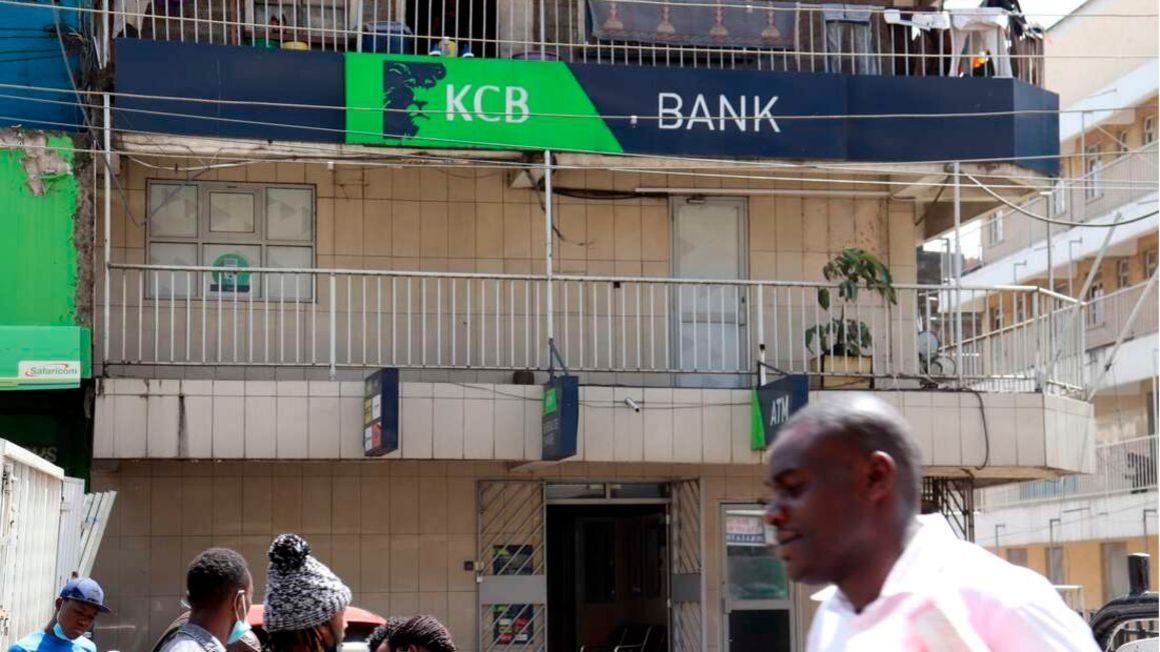Kenya Commercial Bank branch in Gikomba Market in Nairobi on Thursday, November 12, 2020. PHOTO | DENNIS ONSONGO | NMG The Treasury has been asked to release funds for settling a Sh6.7 billion KCB loan which was used to purchase subsidised fertiliser.
The State Department for Crop Development and Agricultural Research told Parliament last week that the interest on the loan continues to accrue at a penalty rate of 22.5 percent.
This translates to a penalty of Sh3 million daily and Sh90 million monthly, highlighting the financial burden of defaulting on the credit facility.
“Implement the Cabinet directive … that directed the National Treasury to provide funding of Sh8 billion to settle all outstanding debt to suppliers, service providers and National Cereals and Produce Board,” the department wrote in its submission to Parliament last week.
The National Assembly’s Departmental Committee on Agriculture and Livestock was also told that no allocations have been made to settle fertiliser pending bills in the 2022/23 fiscal year.
It was not clear why the Treasury has failed to act on the cabinet directive.
NCPB borrowed Sh4 billion from KCB in the 2016/2017 financial year for the subsidised fertiliser imports but has failed to repay, with the loan growing due to unpaid interest and penalties.
If the default continues, the government could end up paying more in interest and penalties than the amount borrowed from the country’s second-largest bank.
NCPB bought a bag of fertiliser at Sh3,400 and sold the same at between Sh1,500 and Sh1,800, with the government supposed to cater for the difference.
However, the government failed to pay the subsidy difference leaving the debt to accumulate. The loan is among several major credit facilities taken from banks by various government agencies and which remain unpaid for years.
The government, however, tends to eventually pay nearly all its debt. Delayed payments are one of the biggest issues affecting companies doing business with the government.Audits have shown that state corporations lead in default. National carrier Kenya Airways is among the State-owned firms that have defaulted on creditors including banks and suppliers.KCB, in which the government has a controlling stake through the National Treasury and the National Social Security Fund, has participated in many State programmes.For banks, suspended loan repayments means reduced profitability and potential provision for the debt depending on the period over which it has remained unpaid and the creditworthiness of the borrowing entity. kvnrotich@gmail.com
